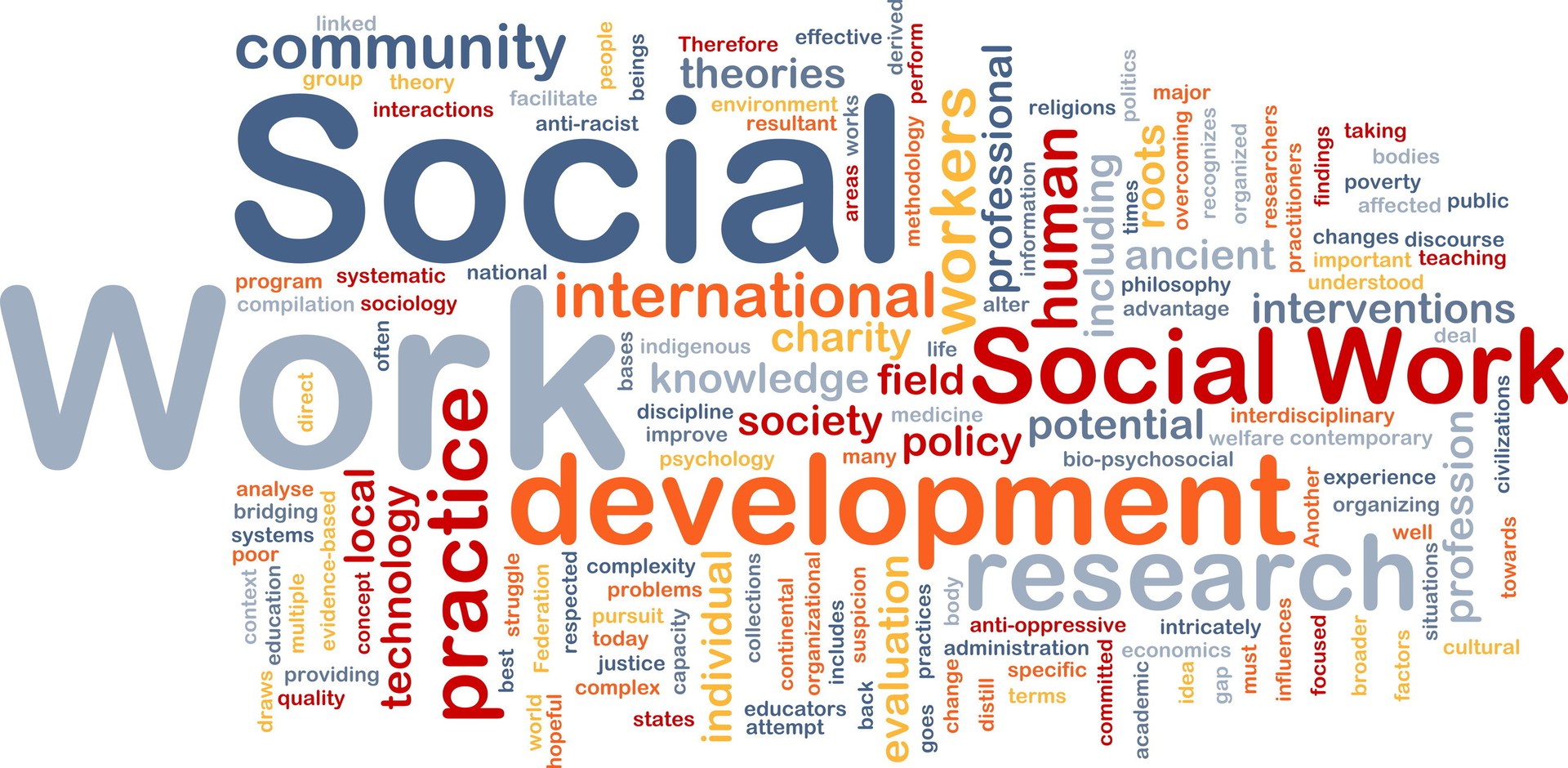Title
Predicting Help-Seeking Attitudes Toward Mental Health Services Among American Indian Older Adults: Is Andersen's Behavioral Model a Good Fit?
Journal Title
Journal of Applied Gerontology
Publication Date
2017
Abstract
American Indian (AI) older adults are vulnerable to mental health disparities, yet very little is known about the factors associated with help-seeking for mental health services among them. The purpose of this study was to investigate the utility of Andersen’s Behavioral Model in explaining AI older adults’ help-seeking attitudes toward professional mental health services. Hierarchical regression analysis was used to examine predisposing, enabling, and need variables as predictors of help-seeking attitudes toward mental health services in a sample of 233 AI older adults from the Midwest. The model was found to have limited utility in the context of older AI help-seeking attitudes, as the proportion of explained variance was low. Gender, perceived stigma, social support, and physical health were significant predictors, whereas age, perceived mental health, and health insurance were not.
Keywords
American Indian, older adults, help-seeking, mental health, service utilization
Document Type
Article
Disciplines
Social and Behavioral Sciences | Social Work
Volume
36
Issue
1
First Page
94
Last Page
115
DOI
10.1177/0733464814558875
Recommended Citation
Roh, Soonhee; Burnette, Catherine E.; Lee, Kyoung Hag; Lee, Yeon-Shim; Martin, James I.; and Lawler, Michael J., "Predicting Help-Seeking Attitudes Toward Mental Health Services Among American Indian Older Adults: Is Andersen's Behavioral Model a Good Fit?" (2017). Department of Social Work. 62.
https://red.library.usd.edu/socialwork/62


